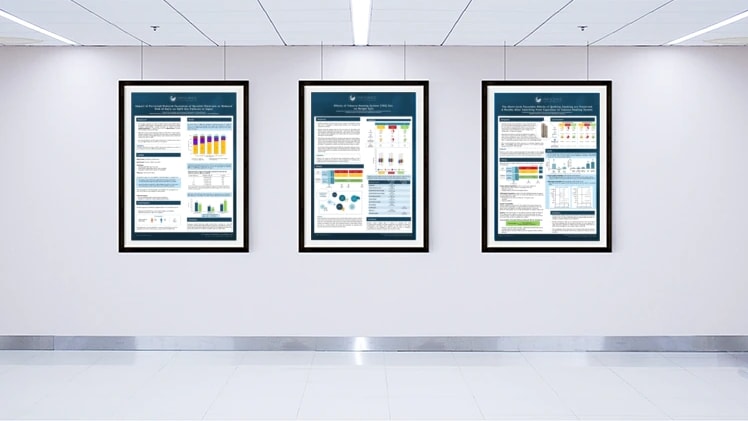Switching to THS may reduce smoker's cough for up to 60% of smokers who switch completely
Smokers are known to get what is called “smoker’s cough,” which is an indicator of chronic bronchitis. Around 40% of smokers develop some form of bronchitis, but quitting smoking reduces the incidence of cough. Some evidence has also indicated that e-cigarettes may reduce the incidence of cough as well. PMI conducted a series of clinical studies to assess whether THS may also reduce cough incidence for smokers who switch to it completely.
PMI’s heated tobacco product THS delivers nicotine to users by heating tobacco to temperatures below 350 °C, and reduces exposure to the toxicants released in cigarette smoke during the burning process. Adult smokers from Japan and the U.S. were asked to continue smoking or to switch to THS, while smokers from multiple countries across Europe were asked to quit smoking altogether for the duration of the study. Study lengths varied from three months to twelve months.
Within a few weeks after switching to THS, one third to two thirds of the subjects who reported a regular need to cough at the beginning of the study said they no longer felt the need to cough. The reduction of symptoms was maintained up to 12 months of switching to the product. The decline in the need to cough was also observed among people who quit smoking during the study, as expected, but less so among those who continued to smoke cigarettes.
Watch Dr. Felber Medlin explain:
Below is a transcript of the video:
Hello, I am Loyse Felber Medlin and I work at PMI in the Clinical Science group, where I am leading clinical studies from a scientific perspective.
Today, I will talk to you about cough. More precisely about the effects of cigarette smoking, Tobacco Heating System use and smoking cessation on cough.
There is a causal relationship between smoking and respiratory symptoms such as cough. Smokers cough is one of the key symptoms of chronic obstructive pulmonary disease, COPD.
Smoking cessation reduces cough rates, but what about THS use? We have conducted several studies, where apparently healthy smoking adults were asked to continue to smoke cigarettes, switch to THS, or abstain from smoking for different periods of time, ranging from 3 months to 12 months.
At each visit, subjects were asked, using a questionnaire in their local language, if they had experienced a regular need to cough within the 24 hours prior to the visit.
Looking at the study populations, we can see that the demographics and baseline characteristics are fairly balanced across arms in each study, although between the studies, there are some differences in age and smoking intensity.
Regarding the incidence of cough, while there are some baseline differences between the studies, the trends within each study are clear and consistent with a marked decrease in the self-reported need to cough at 3, 6, and 12 months in both THS and smoking abstinence arms.
In the THS arm, among the subjects who reported cough at baseline, less than 40% were still coughing at month 3, in the reduced exposure studies. And in the exposure response study, the decrease in cough observed at month 3 is maintained and even more pronounced over time.
What are the take away messages? Smokers with a chronic cough have a significant risk of developing COPD. In our clinical program, we see a consistent decline in the incidence of cough reported after smokers switch to THS, compared to those, who continue to smoke cigarettes.
This could be a potential indicator for decreasing the risk of COPD and limiting the global burden of the disease and therefore, should be studied directly in longer term studies, designed to assess the impact of switching to smoke-free products on COPD development and progress.
Thank you.


